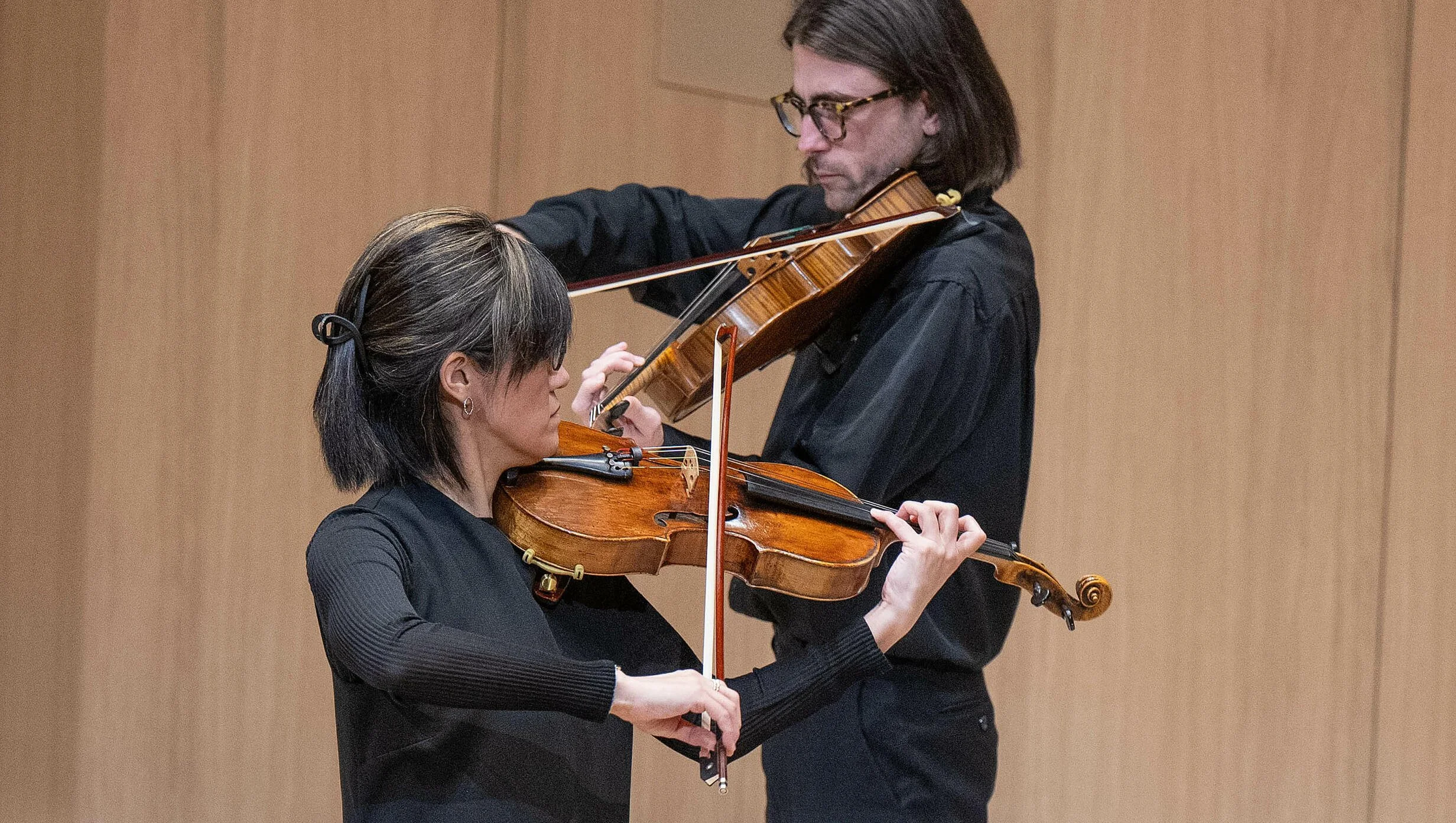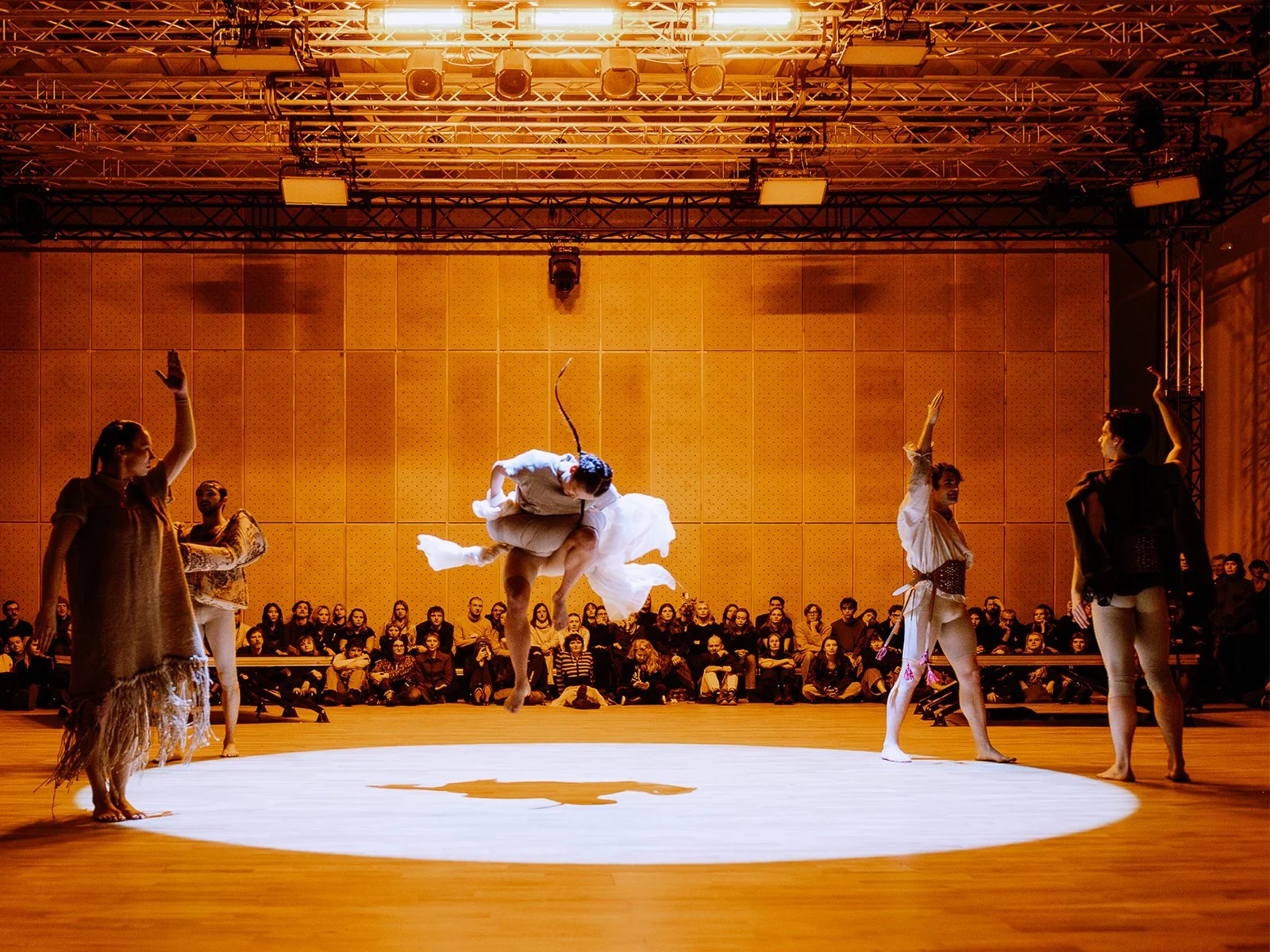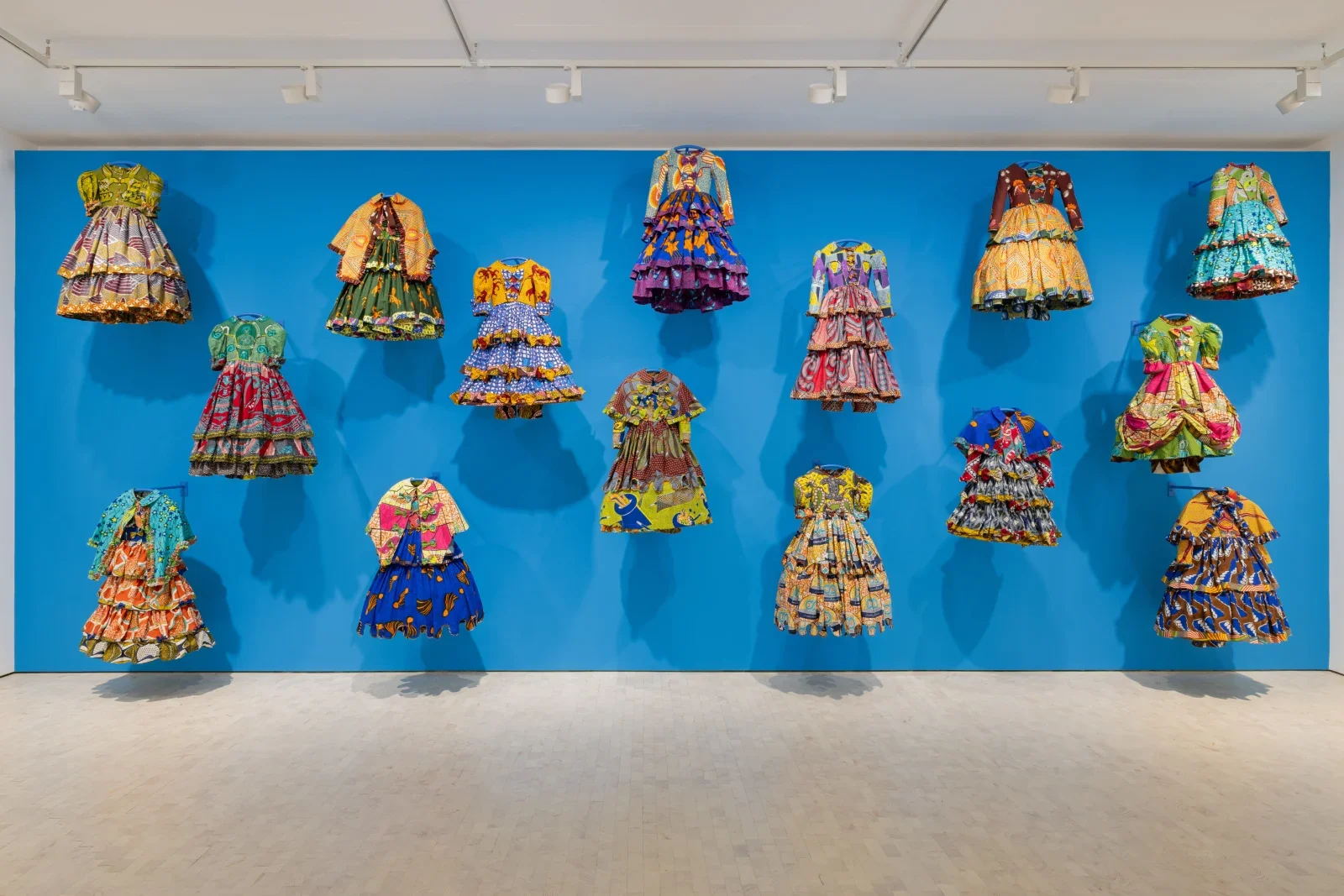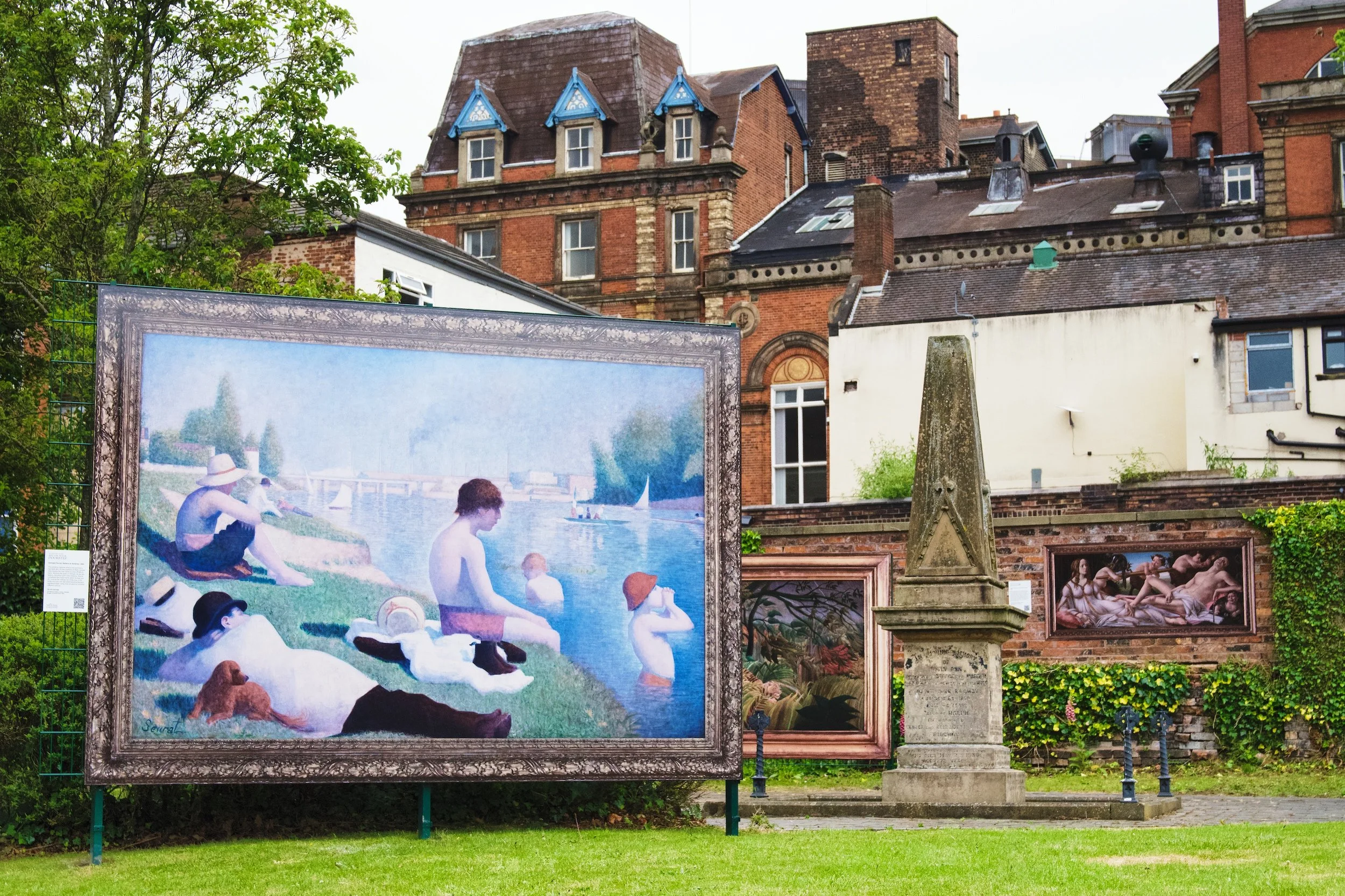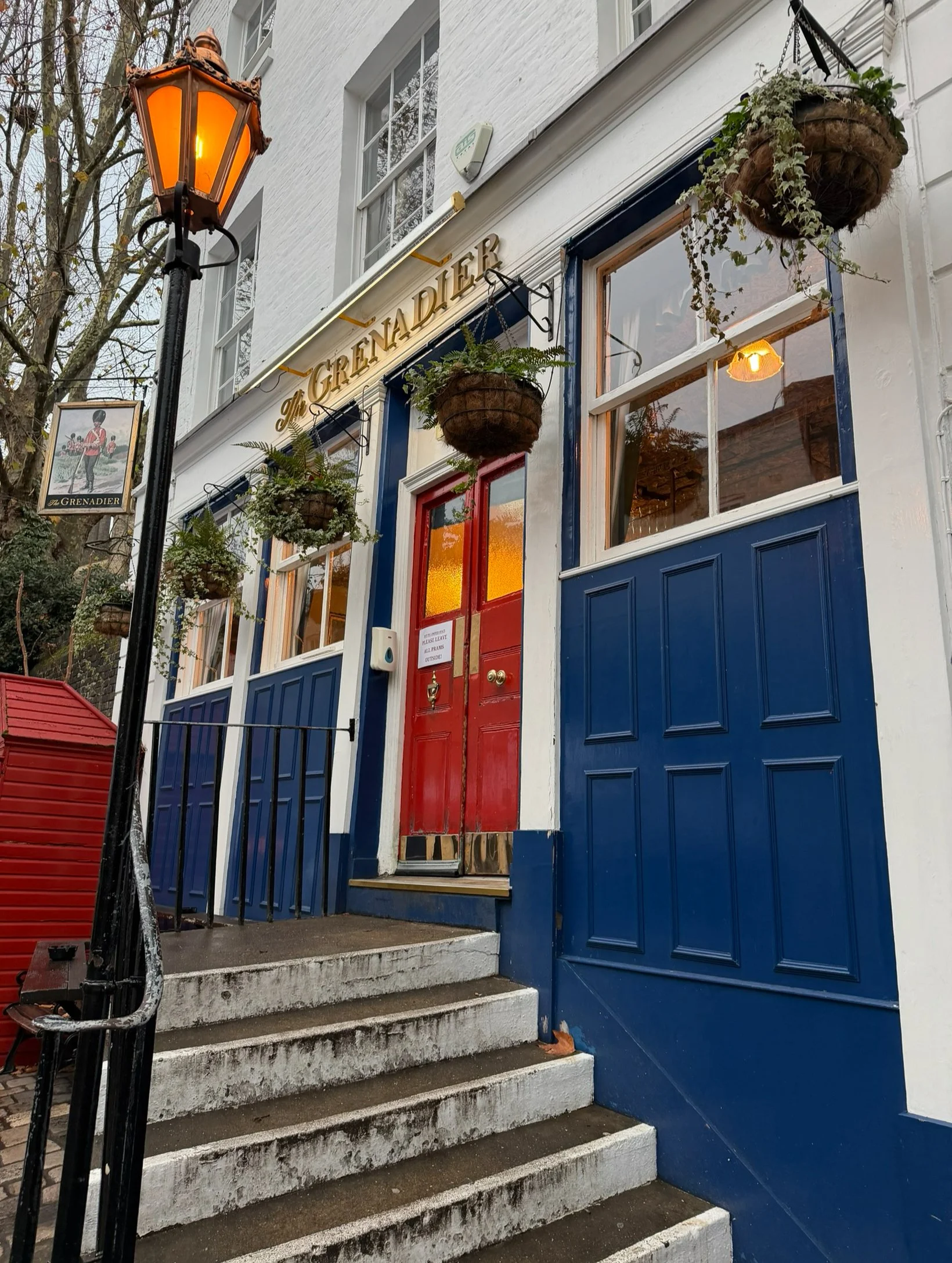London’s new digital communities: how people connect beyond traditional hangouts
The Internet has changed many aspects of our lives, from entertainment to work and from shopping to media consumption. Where it was once necessary for groups of people to physically get together to connect, that’s no longer the case. And, in the past few years, we’ve really seen the benefits of these digital communities that have popped up all around us.
We do more and more online. Rather than visiting physical stores, banks, and businesses in person, we are more likely to track them down online, where we can research their offerings before communicating via email and other digital communication methods.

Online entertainment is prevalent with many people streaming media, consuming content, and gaming online, with more venues for these online activities than ever before. Casino gamers have a growing list of iGaming sites including those on the Casino Beats’ EU casinos list. According to online gambling expert Matt Bastock, these sites continue to expand their offerings and not only in terms of the games and bonuses they offer, but, in some cases, by implementing social gaming elements.
With people conducting more of their personal and professional lives online, it is not surprising that digital communities have cropped up around these topics and areas, too. These communities connect people with shared interests, offer easy exchanges of information, and provide multiple benefits to their members.
Online forums were among the first digital community examples. Usenet, which was launched in 1980 and was designed to bring Duke University students together, wasn’t the first forum, but it is widely considered a forerunner to modern forums thanks to its categorized newsgroups. Reddit is one of the most popular websites in the world, with nearly a billion monthly users, and it is a forum that connects a huge network of smaller forums.
Forums don’t require immediate response. They can incorporate information, data, and other content, and they can link to other resources. They offer a laid-back access that doesn’t place demands on community members, but they still offer considerable benefit, hence why they remain popular even in the face of seemingly more advanced options like social media and dedicated sharing platforms.
AIM, Yahoo Messenger, and MSN Messenger were pioneers in the messaging platform space. Initially, they really only offered the capability to send direct messages to other users, but they soon expanded to include group messaging features, as well as offering the capability to share files and other forms of content.
Today, we use apps like Telegram, which offer more advanced features, while platforms like Microsoft Teams offer professional alternatives for business users.
Social media platforms are, effectively, giant digital communities. The likes of Facebook connect billions of users. Thanks to friends, groups, pages, and other features, smaller communities are formed using Facebook as little more than the software behind the group. MySpace was one of the first and most popular social media platforms, and while it wasn’t specifically designed for the purpose, it concentrated primarily on music, showing how digital communities form around shared interests and topics.
Some platforms offer community-specific access. Sites like the Nike Run Club, for example. Nike Run Club is designed for fitness enthusiasts, and it not only enables members to connect and communicate, but it also enables specific features like run tracking and challenges. Other dedicated platforms exist for virtually every conceivable topic and interest.
Nike Run Club can also be considered a brand community. It primarily targets Nike users, or at least target users – people who wear Nike equipment to go running. Other examples include Airbnb’s Host Community and the Harley-Davidson Owners Group (H.O.G.). Sign up for H.O.G. and you’ve got a fair idea that you’ll be joining other owners of the infamous motorcycle brand.
Other online communities may be much smaller, their exclusivity being an important part of their appeal. Neighbourhoods, school parent groups, and groups of friends planning a trip away might use platforms like WhatsApp to chat with one another, share relevant information, and even gather information via polls, questions, and other formats.
With the emergence of web 3.0 technology, we are not only seeing the increased use of platforms like Telegram and Discord to create platforms for topics like cryptocurrency to share news of price movements and specific topics like crypto art sales, but we are also seeing decentralised networks and unique technologies like governance tokens that are creating new digital community opportunities for users.
This week in London (16–22 February 2026), Ryoji Ikeda takes over the Barbican Centre with performances exploring sound and light, while FAC51 The Haçienda comes to Drumsheds for a full day of classic house and techno. New exhibitions open across the city, including Chiharu Shiota’s thread installations at the Hayward Gallery and Christine Kozlov at Raven Row…
With Six Nations 2026 starting on 5 February, London is packed with pubs, bars and restaurants showing every match…
Somerset House Studios returns with Assembly 2026, a three-day festival of experimental sound, music, and performance from 26–28 March. The event features UK premieres, live experiments, and immersive installations by artists including Jasleen Kaur, Laurel Halo & Hanne Lippard, felicita, Onyeka Igwe, Ellen Arkbro, Hannan Jones & Samir Kennedy, and DeForrest Brown, Jr…
This week brings fresh details from some of the UK’s most anticipated exhibitions and events, from Tate Modern’s Ana Mendieta retrospective and David Hockney’s presentation at Serpentine North to the British Museum’s acquisition of a £35 million Tudor pendant…
This week in London (2–8 Feb 2026) enjoy Classical Mixtape at Southbank, Arcadia at The Old Vic, Kew’s Orchid Festival, Dracula at Noël Coward Theatre, free Art After Dark, Chadwick Boseman’s Deep Azure, the Taylor Wessing Portrait Prize, and Michael Clark’s Satie Studs at the Serpentine…
SACHI has launched a limited-edition Matcha Tasting Menu in partnership with ceremonial-grade matcha specialists SAYURI, and we went along to try it…
Croydon is set to make history as the first London borough to host The National Gallery: Art On Your Doorstep, a major free outdoor exhibition bringing life-sized reproductions of world-famous paintings into public spaces…
February in London sets the tone for the year ahead, with landmark exhibitions, major theatre openings, late-night club culture and seasonal festivals taking over the city. From Kew’s 30th Orchid Festival to Tracey Emin at Tate Modern and rooftop walks at Alexandra Palace, here’s what not to miss in February 2026…
Tate Modern has announced that Tarek Atoui will create the next Hyundai Commission for the Turbine Hall. The artist and composer is known for works that explore sound as a physical and spatial experience…
Kicking off the London art calendar, LAF’s 38th edition at Islington showcased a mix of experimental newcomers and established favourites. Here are ten standout artists from London Art Fair 2026…
Discover a guide to some of the artist talks, as well as curator- and architecture-led discussions, to be on your radar in London in early 2026…
This week in London, not-to-miss events include the T.S. Eliot Prize Shortlist Readings, the final performances of David Eldridge’s End, the return of Condo London, new exhibitions, classical concerts, a film release, creative workshops, wellness sessions, and a standout food opening in Covent Garden with Dim Sum Library…
Plant-based cooking gets the Le Cordon Bleu treatment in a new series of London short courses…
January is your final opportunity to catch some of London’s most exciting and talked-about exhibitions of 2025. Spanning fashion, photography, contemporary sculpture and multimedia, a diverse range of shows are drawing to a close across the city…
As the new year begins, London’s cultural calendar quickly gathers momentum, offering a packed programme of exhibitions, festivals, performances and seasonal experiences throughout January. Here is our guide to things you can do in London in January 2026…
Condo London returns in January 2026 as a city‑wide, collaborative art programme unfolding across 50 galleries in 23 venues throughout the capital, from West London and Soho to South and East London. This initiative rethinks how contemporary art is shown and shared, inviting London galleries to host international…
The Southbank Centre has announced Classical Mixtape: A Live Takeover, a one-night-only, multi-venue event taking place in February 2026, bringing together more than 200 musicians from six orchestras across its riverside site…
This week in London features late-night Christmas shopping on Columbia Road, festive wreath-making workshops, live Brazilian jazz, mince pie cruises, theatre performances, art exhibitions, a Christmas disco, and volunteering opportunities with The Salvation Army.
Discover London’s unmissable 2026 fashion exhibitions, from over 200 pieces of the late Queen’s wardrobe at The King’s Gallery to the V&A’s showcase of Elsa Schiaparelli’s avant-garde designs and artistic collaborations…
Marking her largest UK project to date, Sedira’s work will respond to the unique architectural and historical context of the iconic Duveen Galleries, offering audiences an experience that merges the political, poetic, and personal…
This week in London, enjoy festive events including Carols at the Royal Albert Hall, LSO concerts, designer charity pop-ups, late-night shopping, art exhibitions, film screenings, foodie experiences, last-chance shows, and volunteer opportunities across the city…
Explore Belgravia this Christmas with a festive pub crawl through London’s most charming historic pubs, from The Grenadier’s cosy mews hideaway to The Nags Head’s quirky classic tavern…
From the joys of Christmas at Kew to the lively Smithfield meat auction, and from major concerts and ballets to intimate workshops and family-friendly trails, the city offers an extraordinary mix of experiences. This guide brings together the very best of Christmas in London…
This guide highlights some of the must-see art exhibitions to visit over the festive period in London, including the days between Christmas and New Year’s. From major retrospectives of international masters such as Kerry James Marshall, Wayne Thiebaud, and Anna Ancher, to engaging contemporary works by Danielle Brathwaite-Shirley, Jennie Baptiste, and Tanoa Sasraku…
London’s cultural scene, a gallery or museum membership is the perfect alternative to another pair of socks. From unlimited access to exhibitions and exclusive events to discounts in shops and cafés, these memberships offer experiences that can be enjoyed throughout the year, while also supporting the vital work of arts organisations…
Your guide to London’s can’t-miss events this week, 17–23 November 2025, from Cabaret Voltaire live at ICA to Ballet Shoes at the National Theatre and The Evolution of UK Jazz at the Barbican…
Charlotte Winifred Guérard is a London-based artist and recent graduate of the Royal Academy of Arts School, where she was recognised as a Paul Smith’s Foundation scholar for her artistic achievement. Her work has been exhibited at the Royal Academy, Coleman Project Space, Fitzrovia Gallery, Messums and Palmer Gallery, and she has completed prestigious residencies including…
This week in London, you can enjoy festive ice skating, Christmas lights, jazz and classical concerts, and a range of art exhibitions. Highlights include Skate at Somerset House, Christmas at Kew, the EFG Jazz Festival, and the Taylor Wessing Photo Portrait Prize 2025…
From the 6th to the 9th of November, the leading West African art fair Art X Lagos celebrates its 10th birthday at the Federal Palace on Victoria Island. Founded by Tokini Peterside-Schwebig in 2016, the fair has become an unmissable event in the global art calendar, attracting galleries from over 70 countries and participants from 170 countries since its launch…


